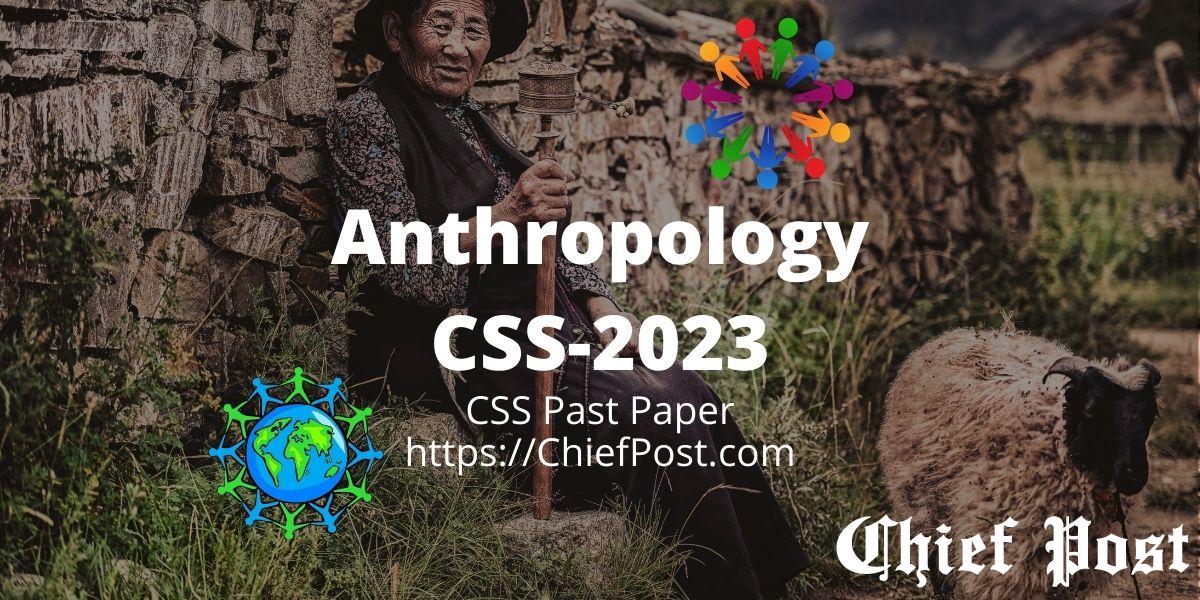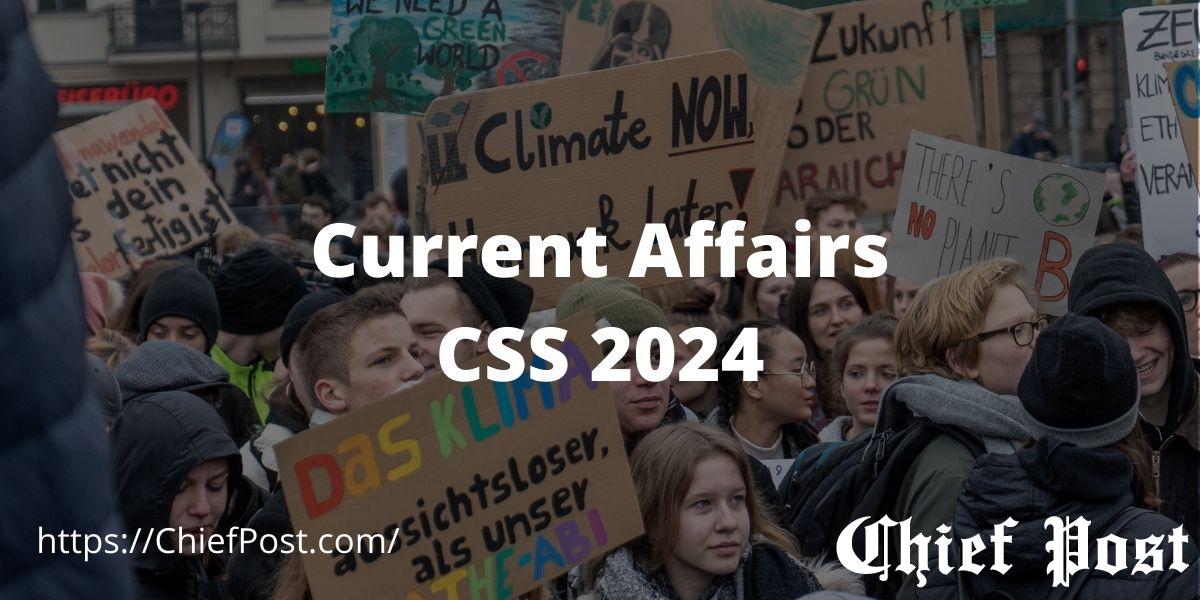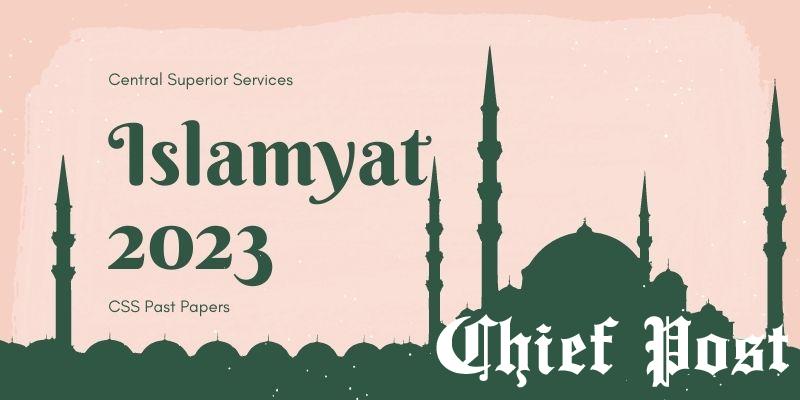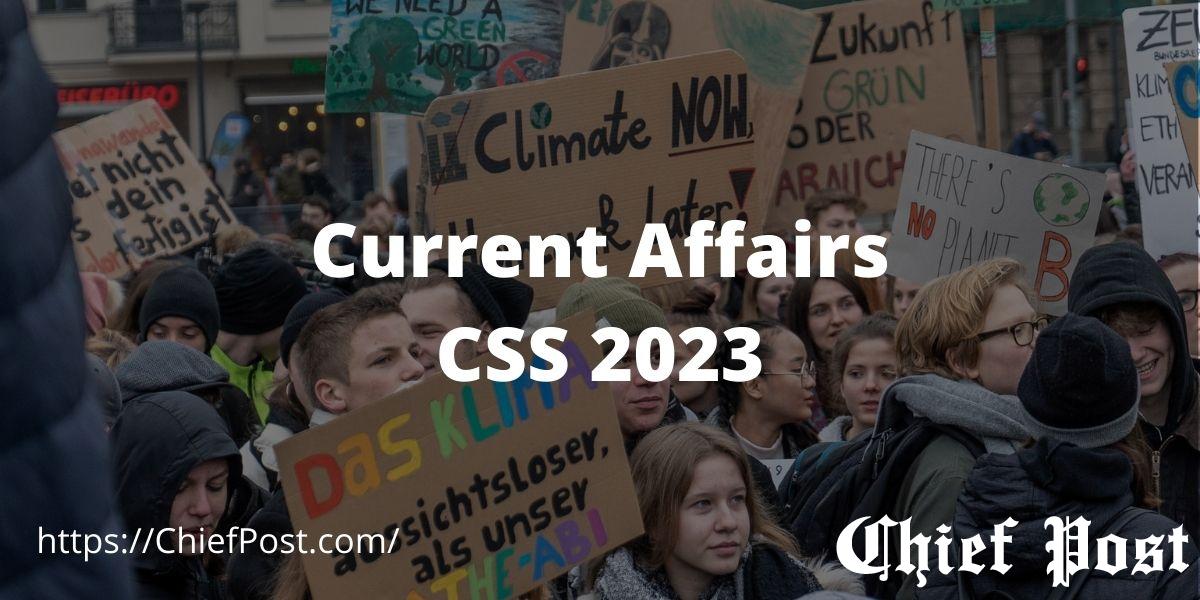
Anthropology 2023 — CSS Past Paper
FEDERAL PUBLIC SERVICE COMMISSION
COMPETITIVE EXAMINATION-2023
FOR RECRUITMENT TO POSTS IN BS-17
UNDER THE FEDERAL GOVERNMENT
ANTHROPOLOGY
TIME ALLOWED: THREE HOURS
PART-I(MCQS): MAXIMUM 30 MINUTES
PART-I (MCQS) MAXIMUM MARKS = 20
PART-II MAXIMUM MARKS = 80
NOTE:
- (i) Part-II is to be attempted on the separate Answer Book.
- (ii) Attempt ONLY FOUR questions from PART-II. ALL questions carry EQUAL marks.
- (iii) All the parts (if any) of each Question must be attempted at one place instead of at different places.
- (iv) Candidate must write Q. No. in the Answer Book in accordance with Q. No. in the Q.Paper.
- (v) No Page/Space be left blank between the answers. All the blank pages of Answer Book must be crossed.
- (vi) Extra attempt of any question or any part of the attempted question will not be considered.
PART-II
Q. No. 2.
Anthropology involves the comparison of different societies to understand the scope of human cultural diversity. Discuss the subject matter of anthropology and how anthropology is related to other disciplines in social sciences. (20)
Q. No. 3.
Economic system refers to the means by which a society produces, distributes and consumes resources. Discuss how anthropologists are different from other discipline in the study of economic organization. (20)
Q. No. 4.
All groups of people develop complexes of symbols, rituals, and beliefs that connect their own experience to the essential nature of the universe. Explain evolution and function of primitive religion as discussed by anthropologists. (20)
Q. No. 5.
How anthropologist define a social problem? Discuss the causes and consequences of political instability in Pakistan. (20)
Q. No. 6.
Discuss qualitative and quantitative research approaches appropriate for anthropological research. (20)
Q. No. 7.
Define Social Institution. Discuss the manifest and latent functions of family institution. (20)
Q. No. 8.
Define Religion. Discuss various anthropological approaches to the study of religion. (20)
**********










